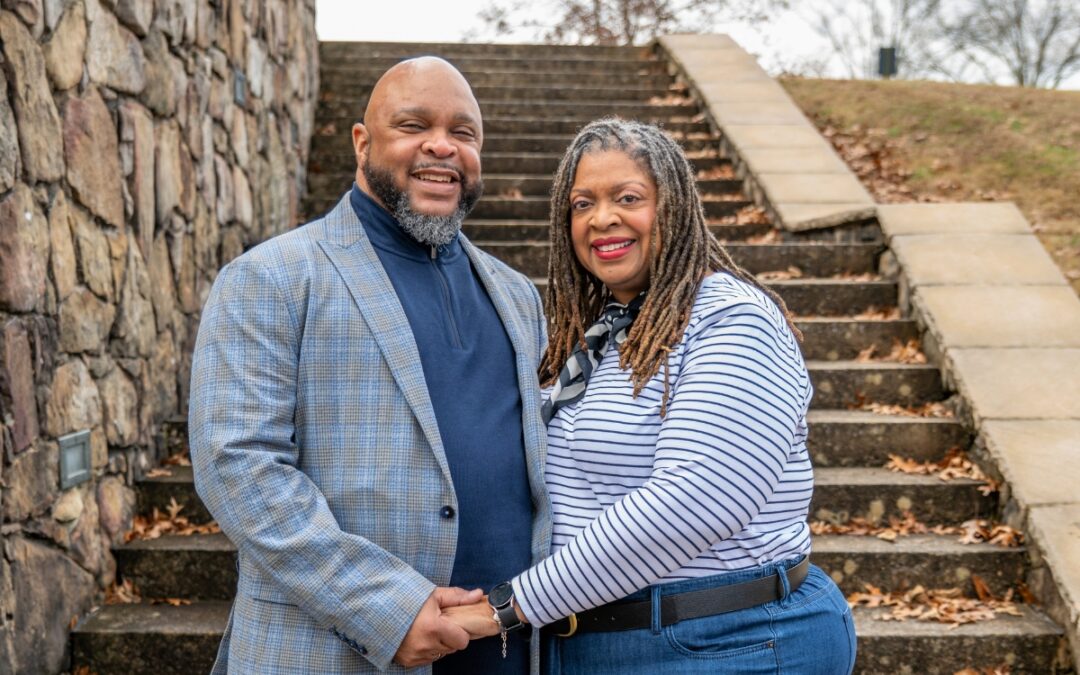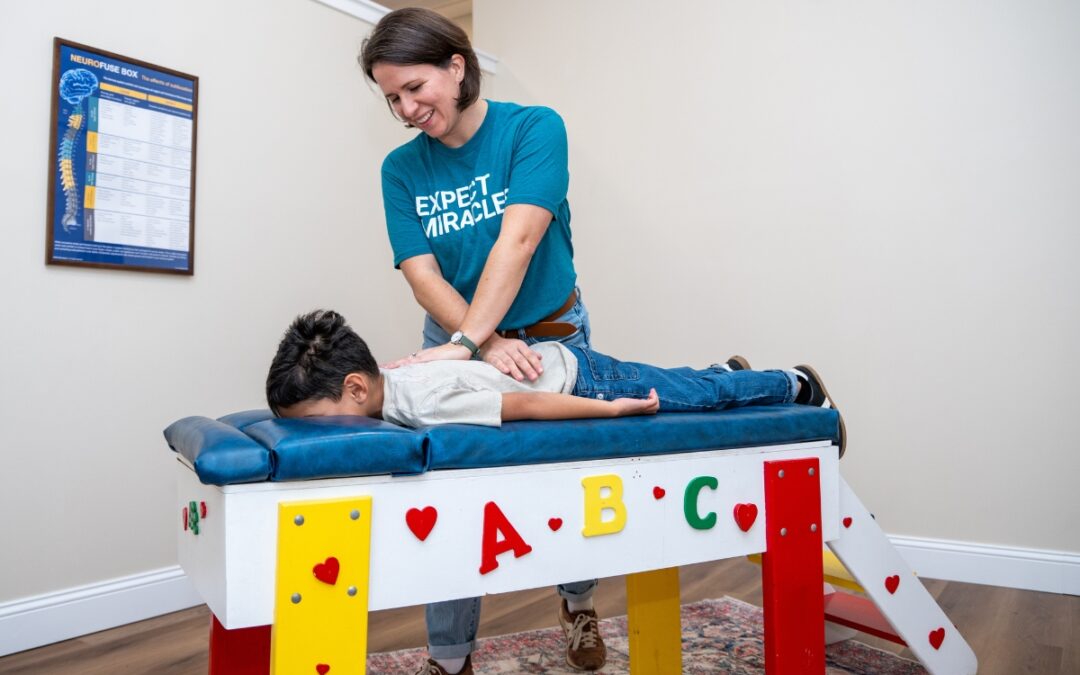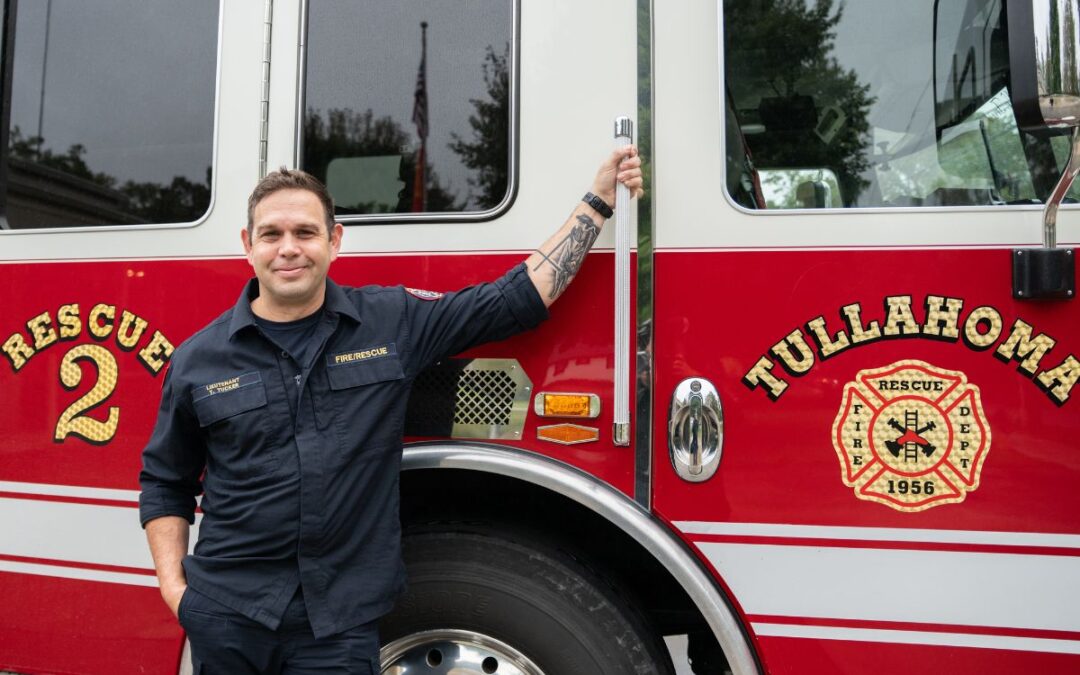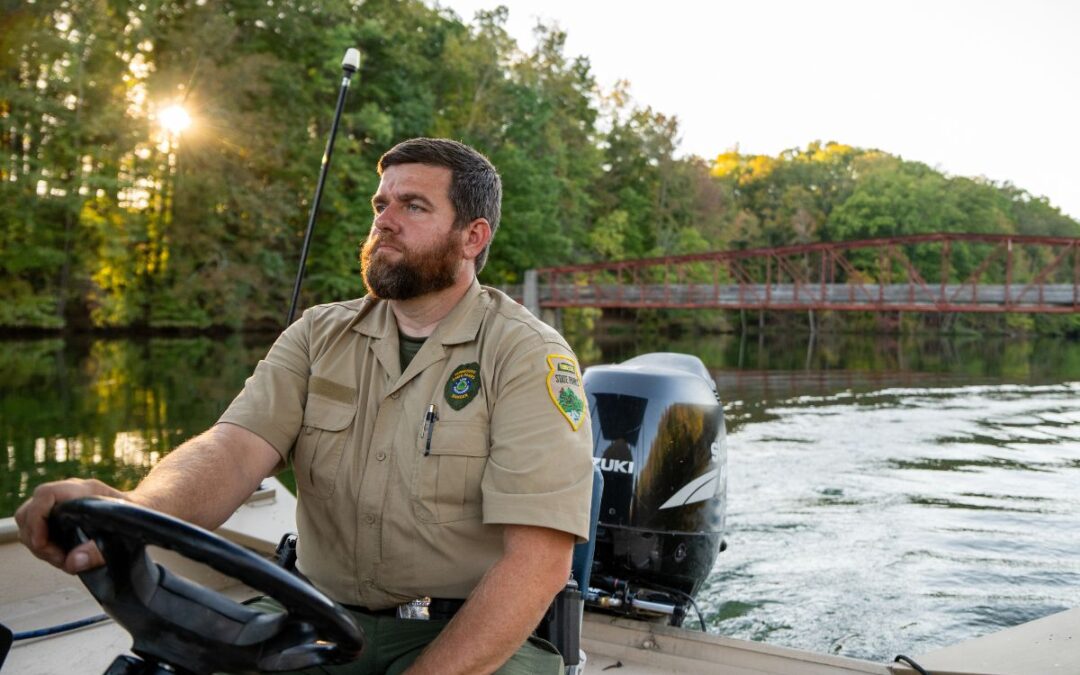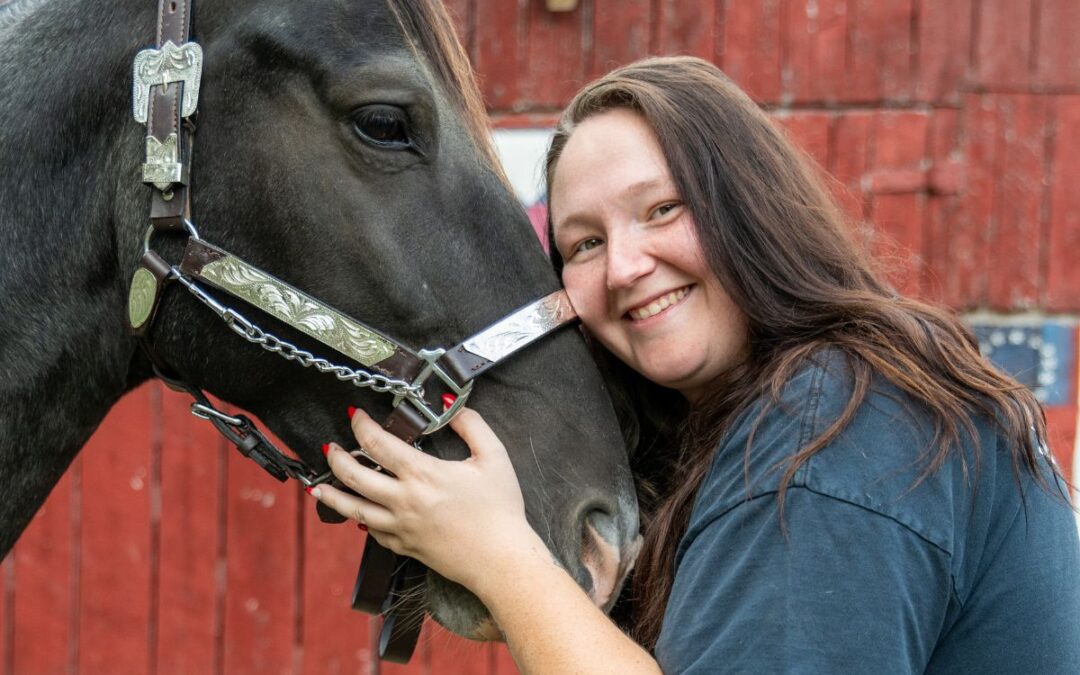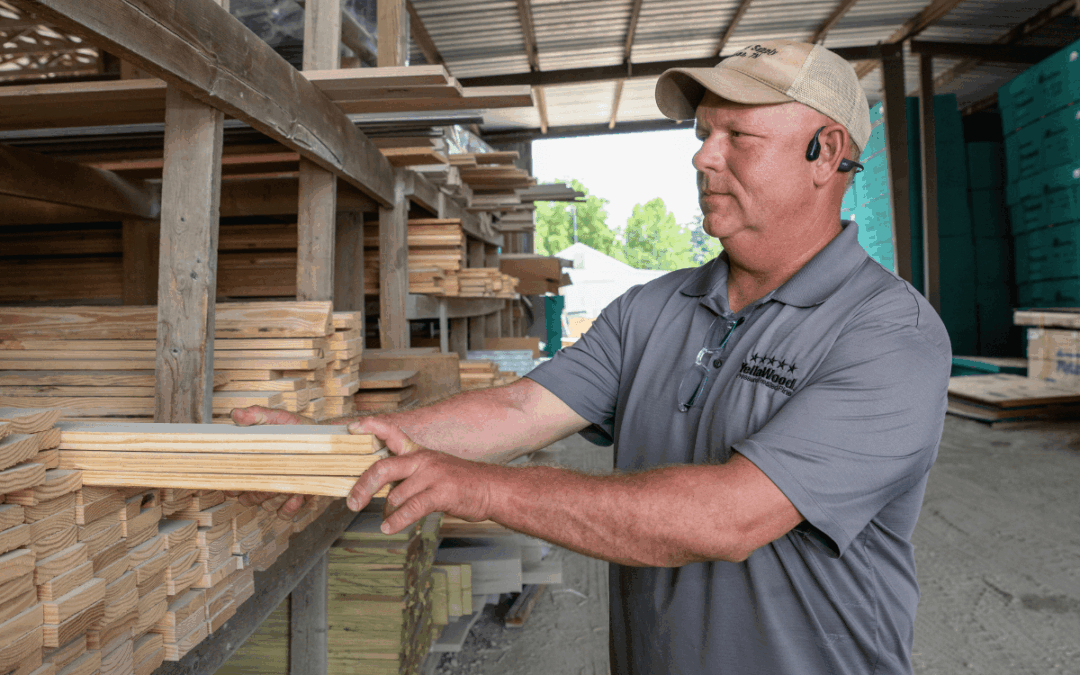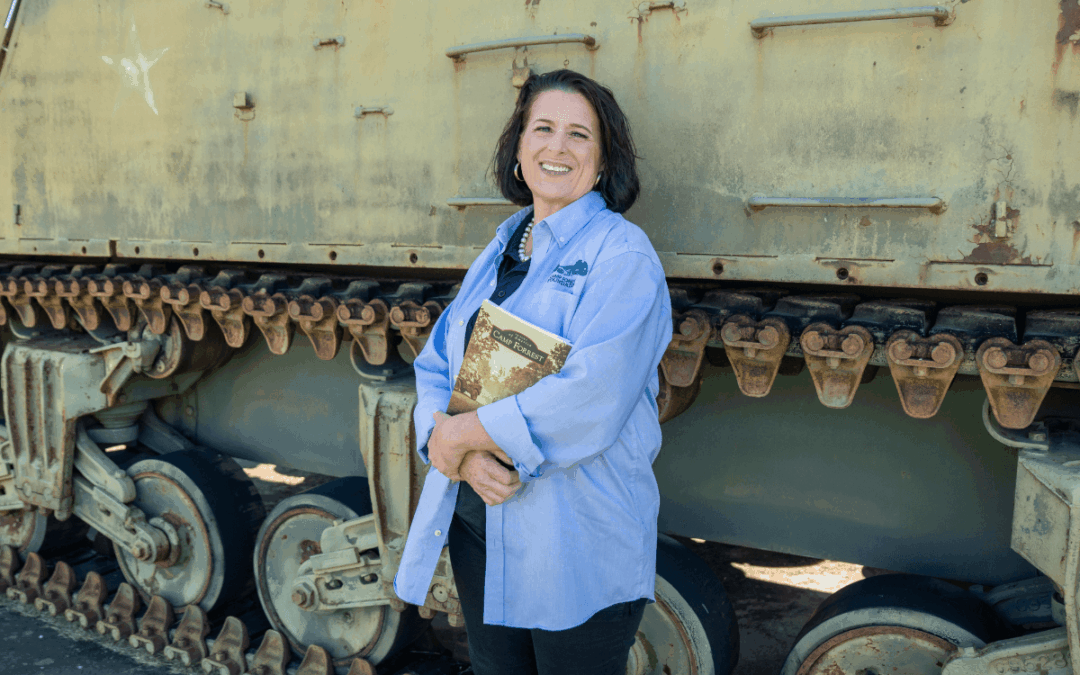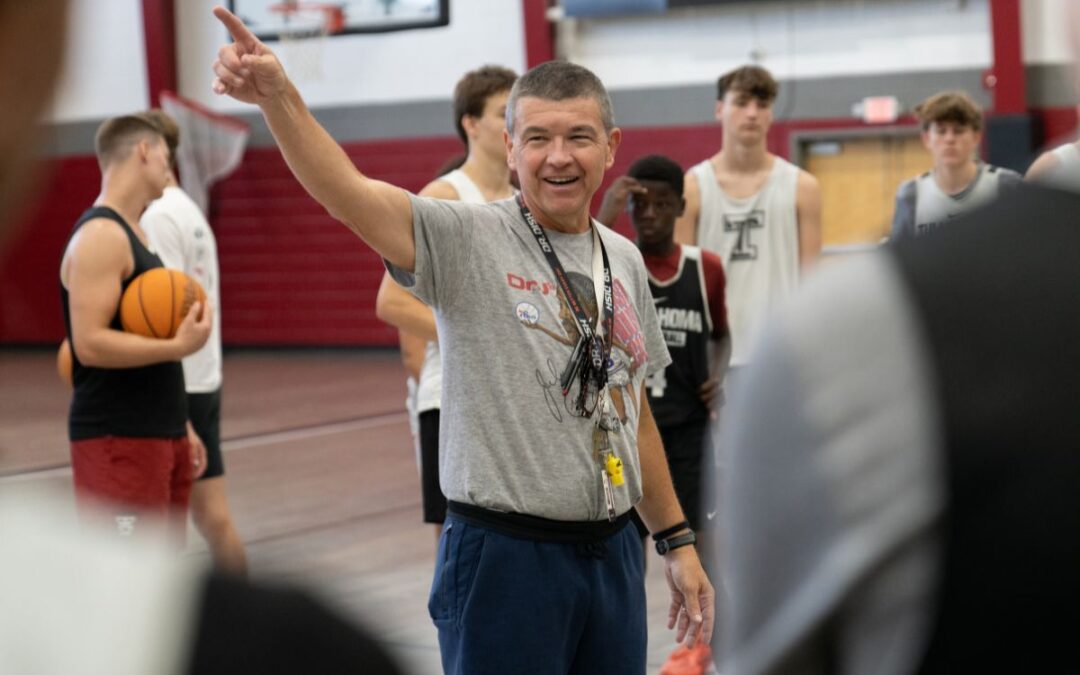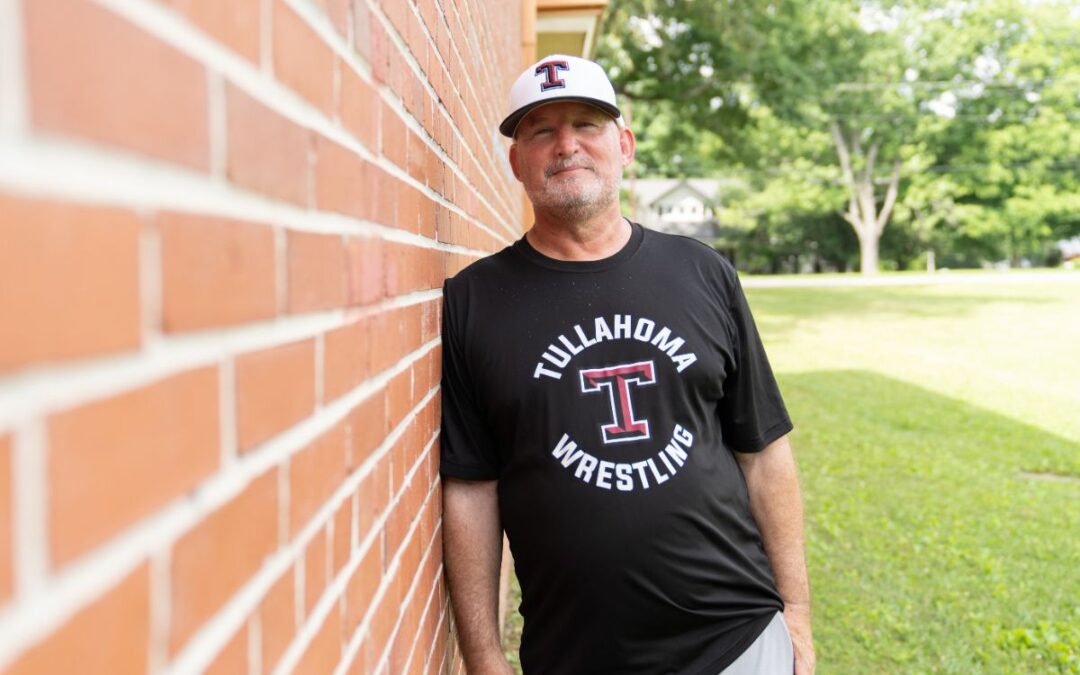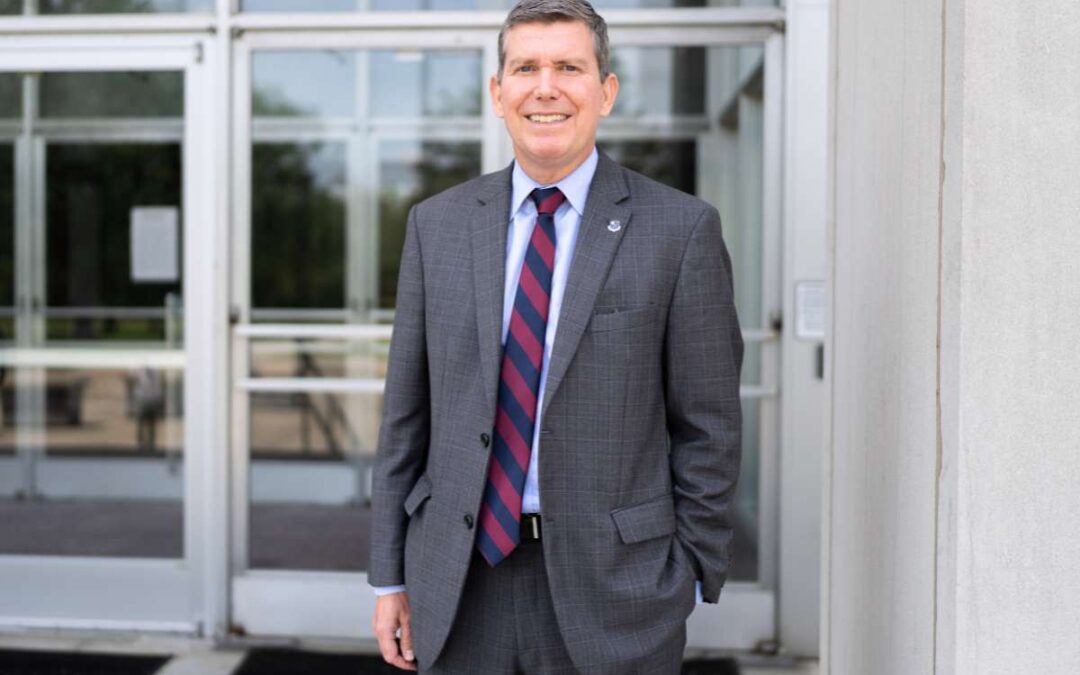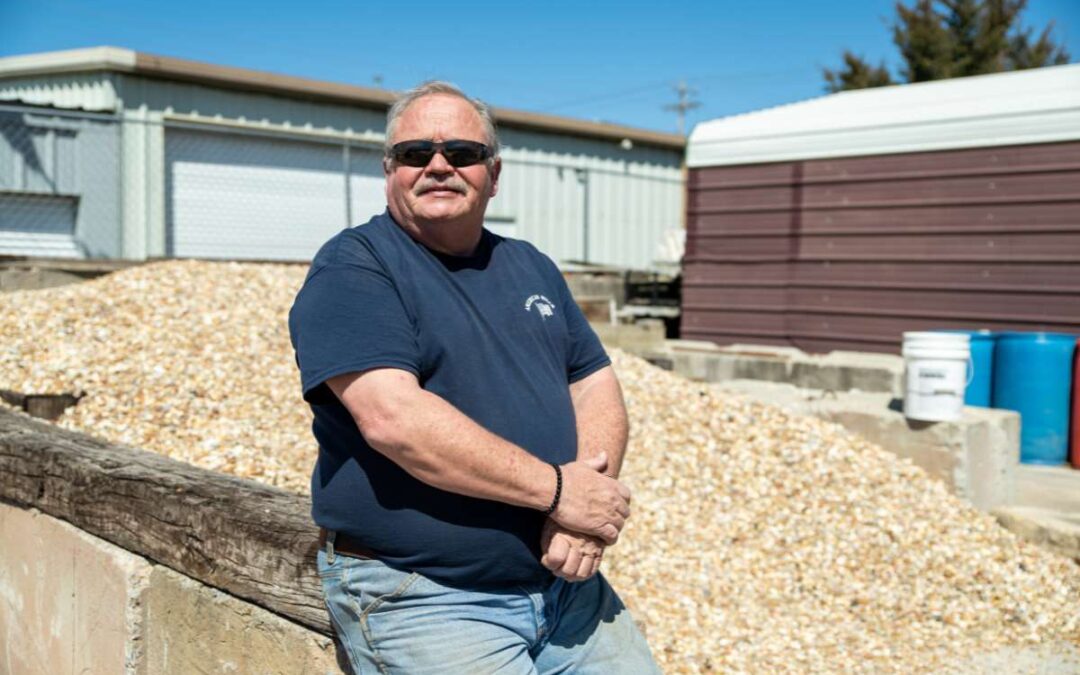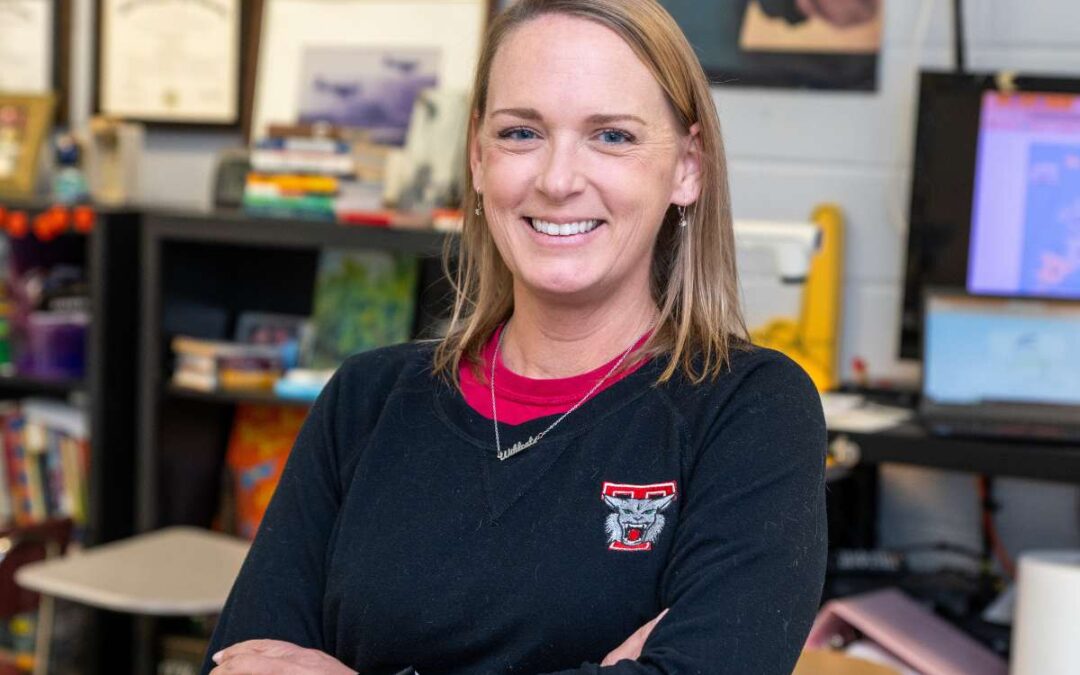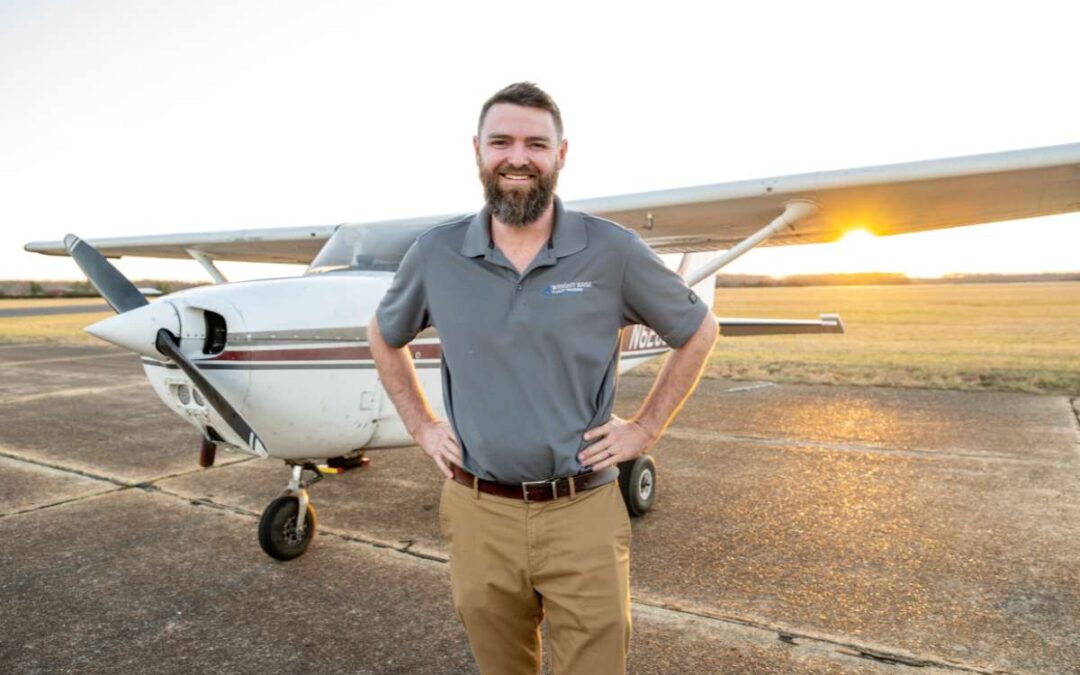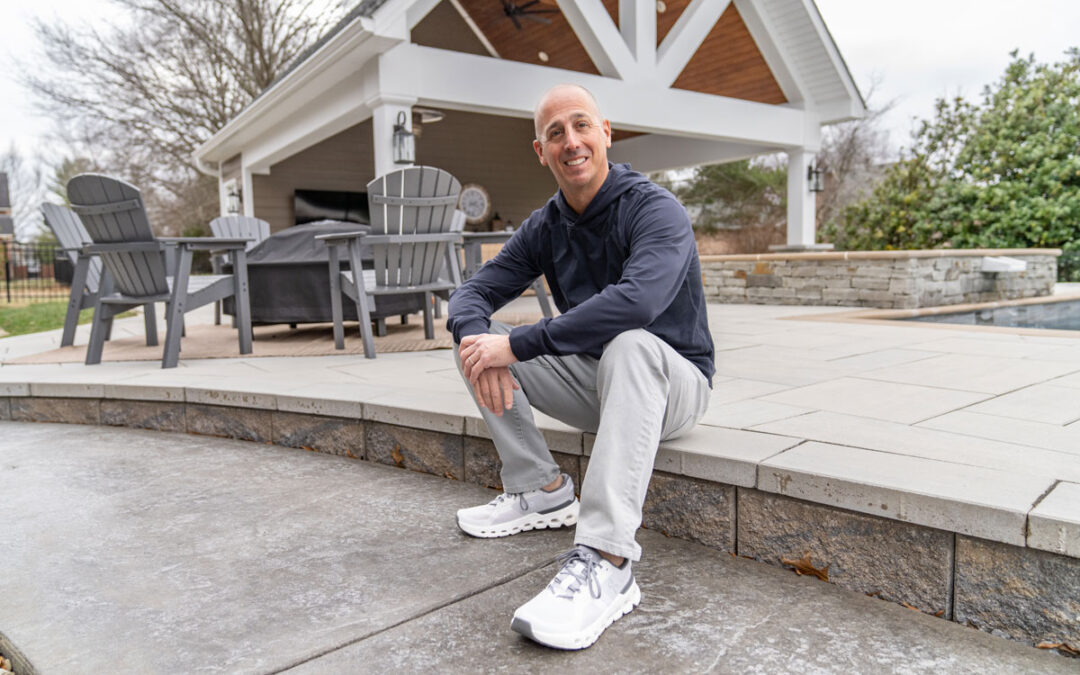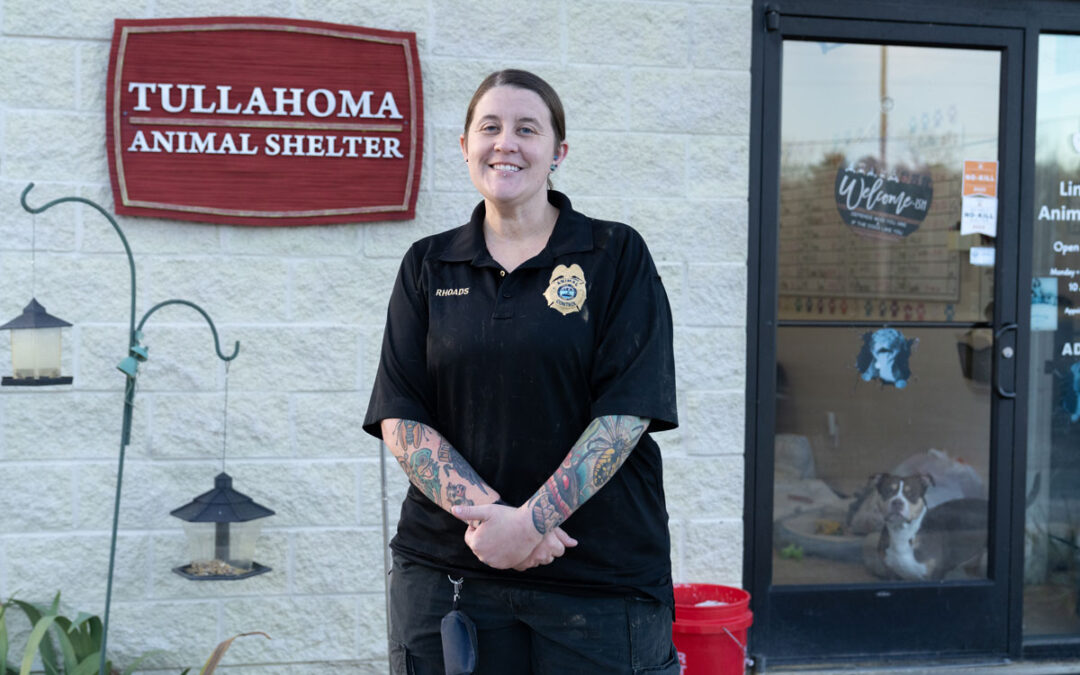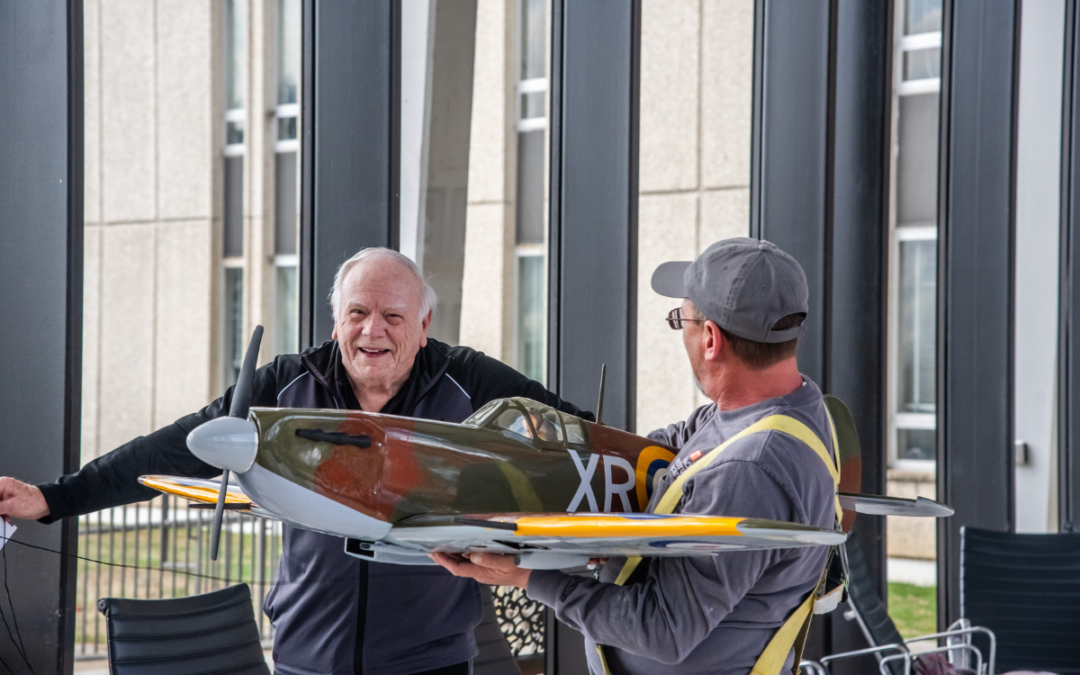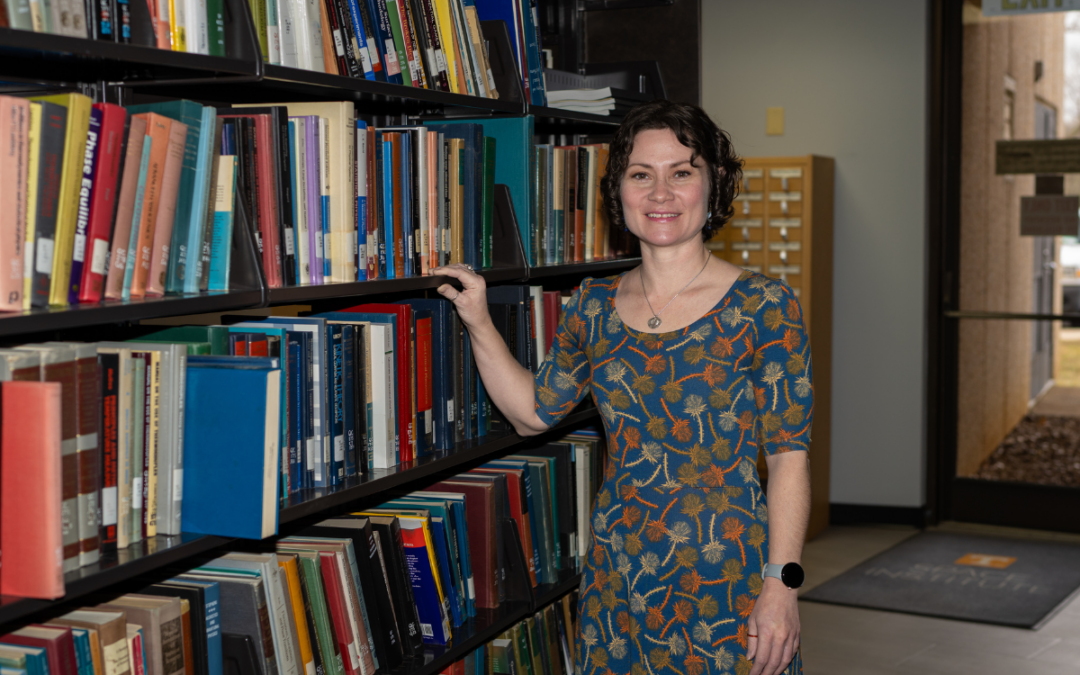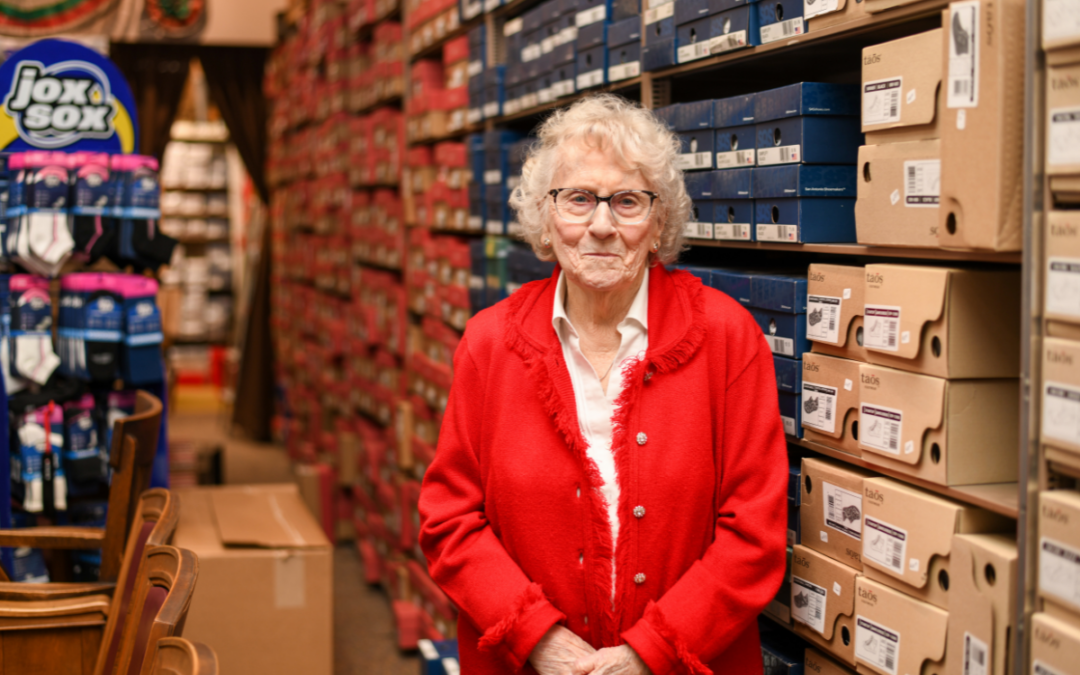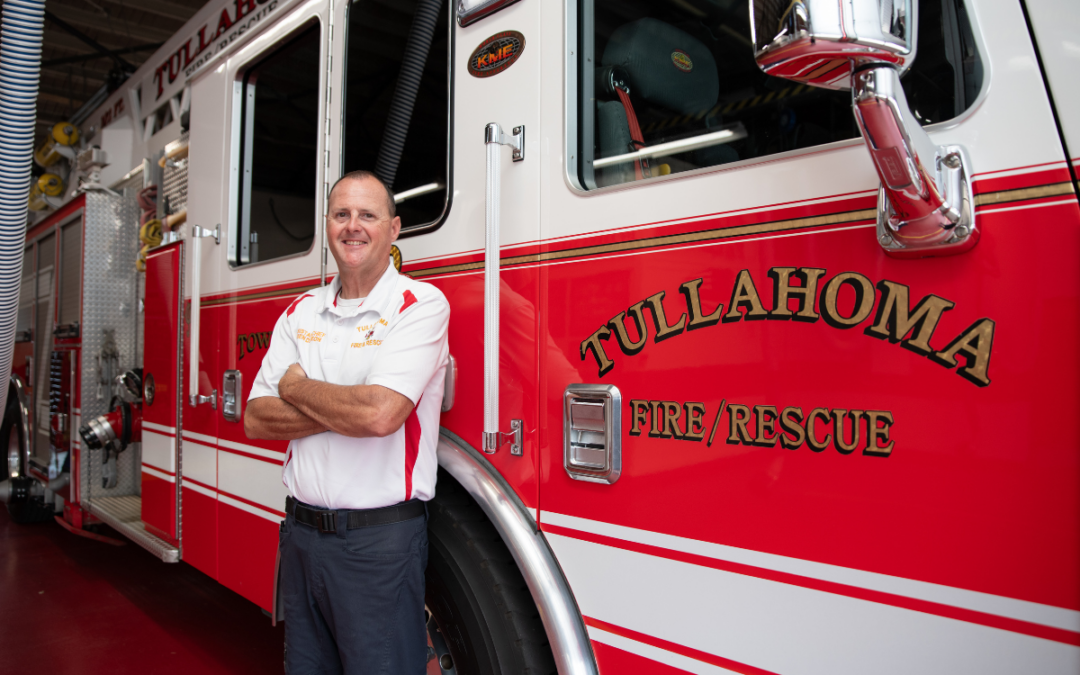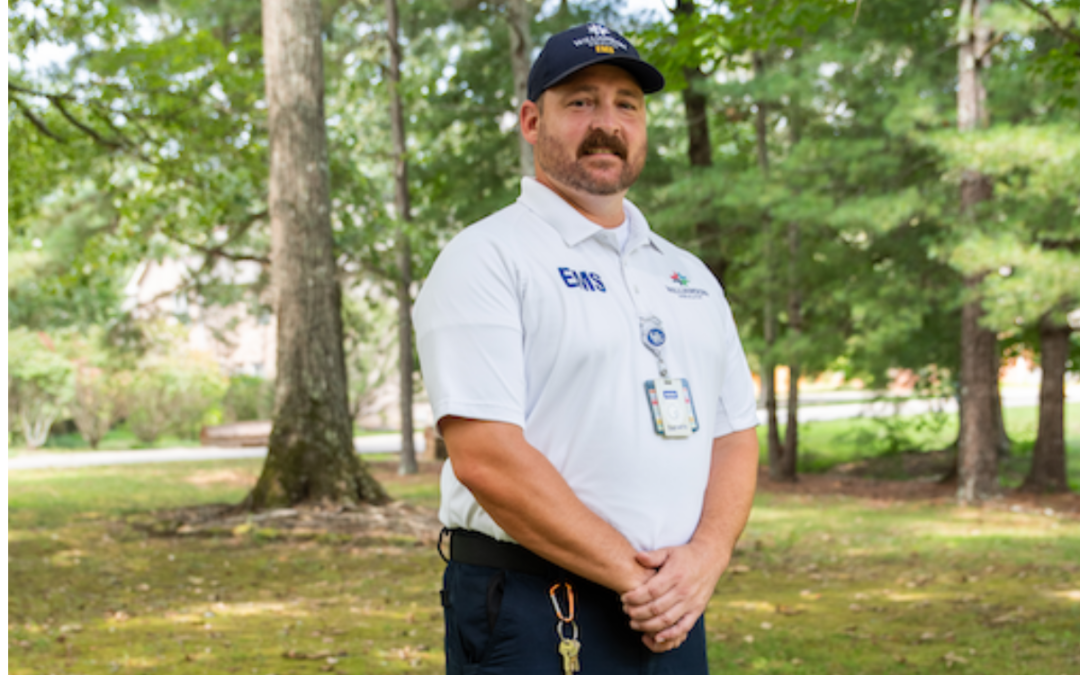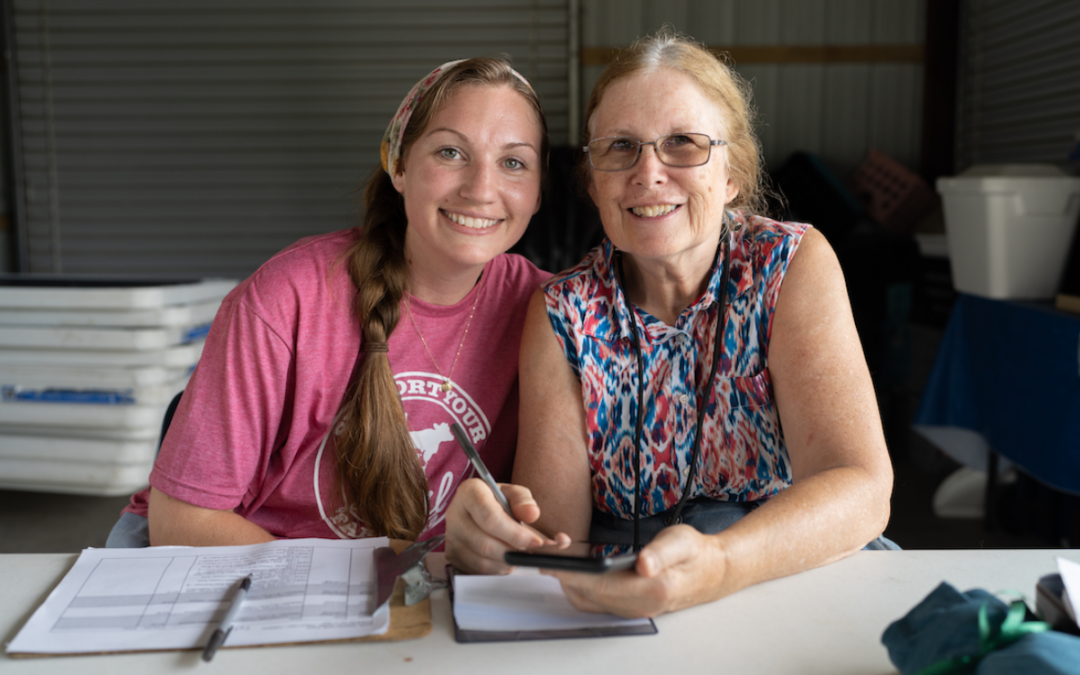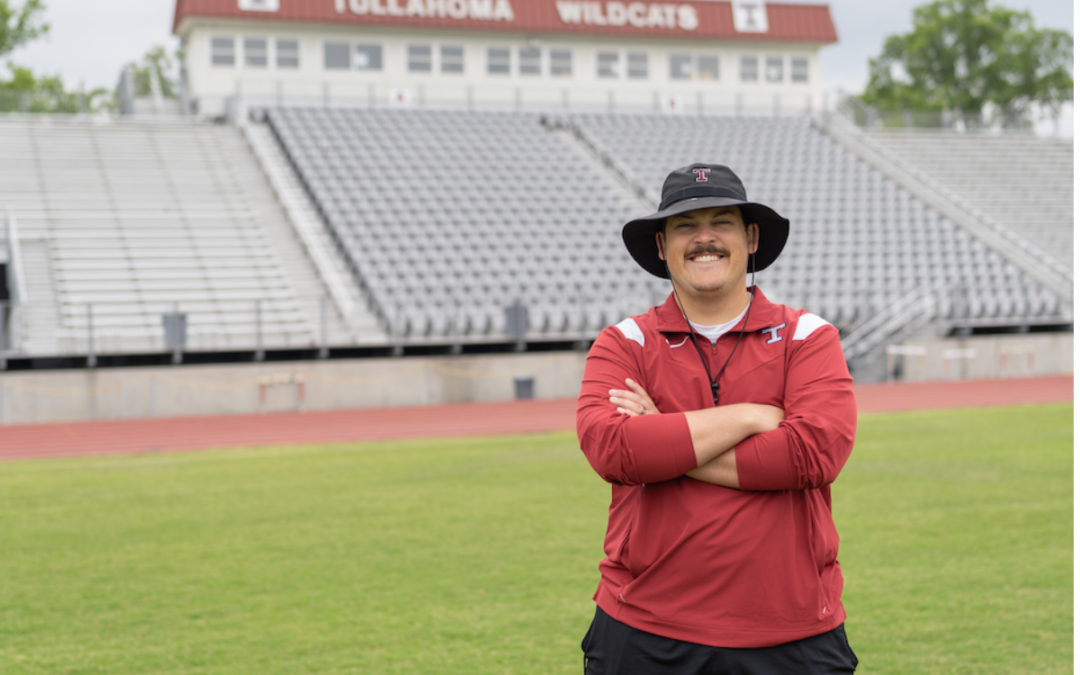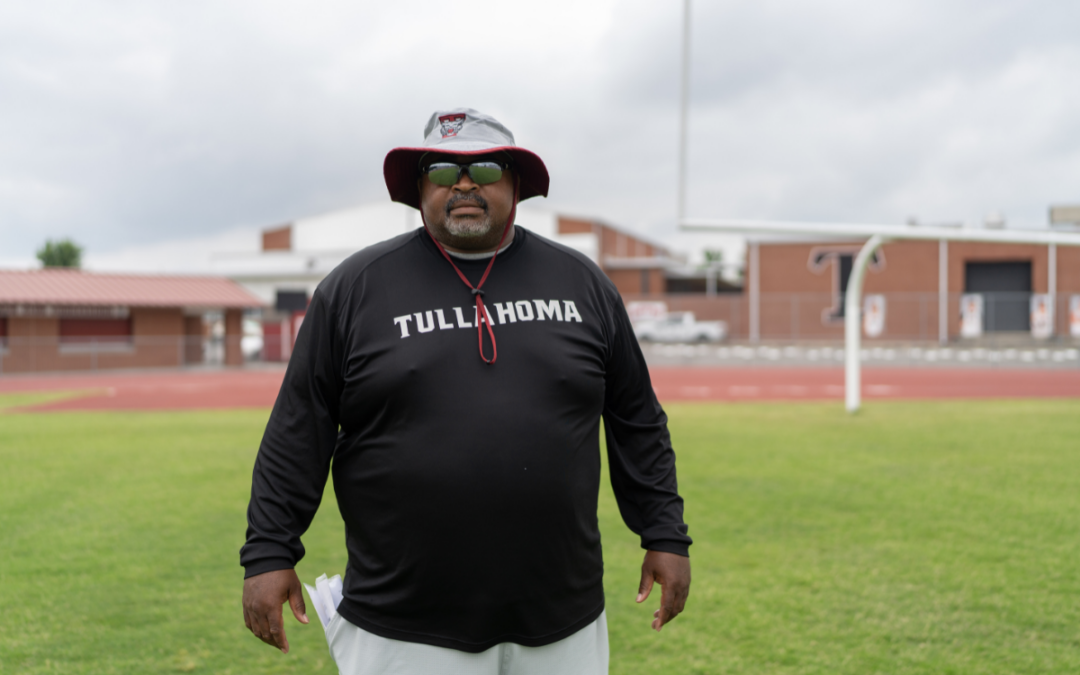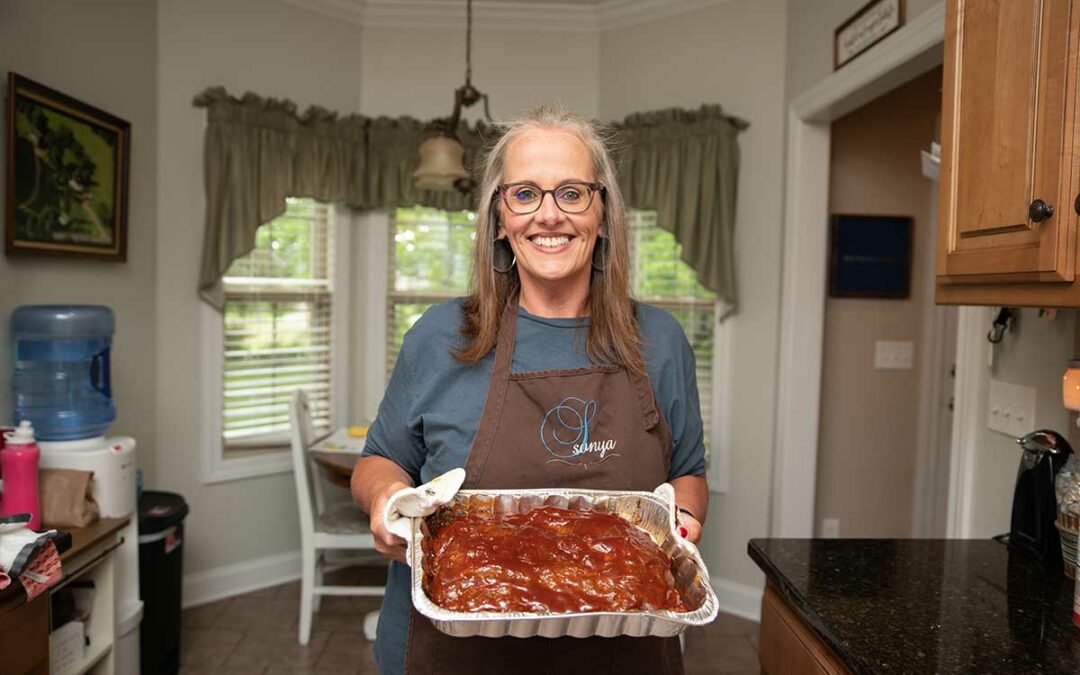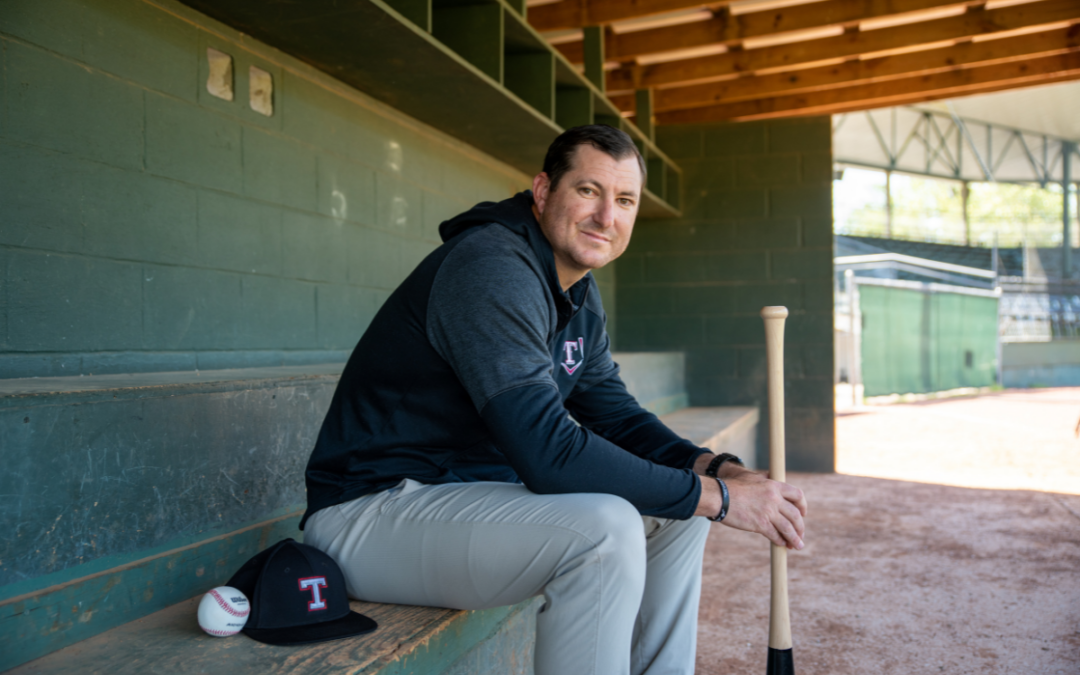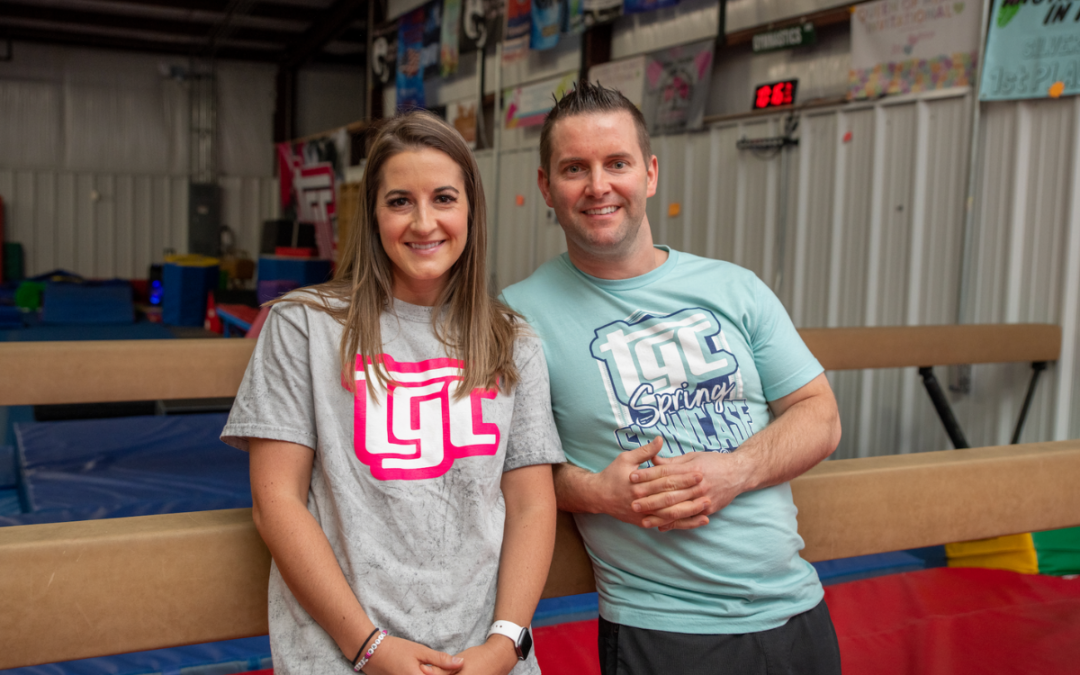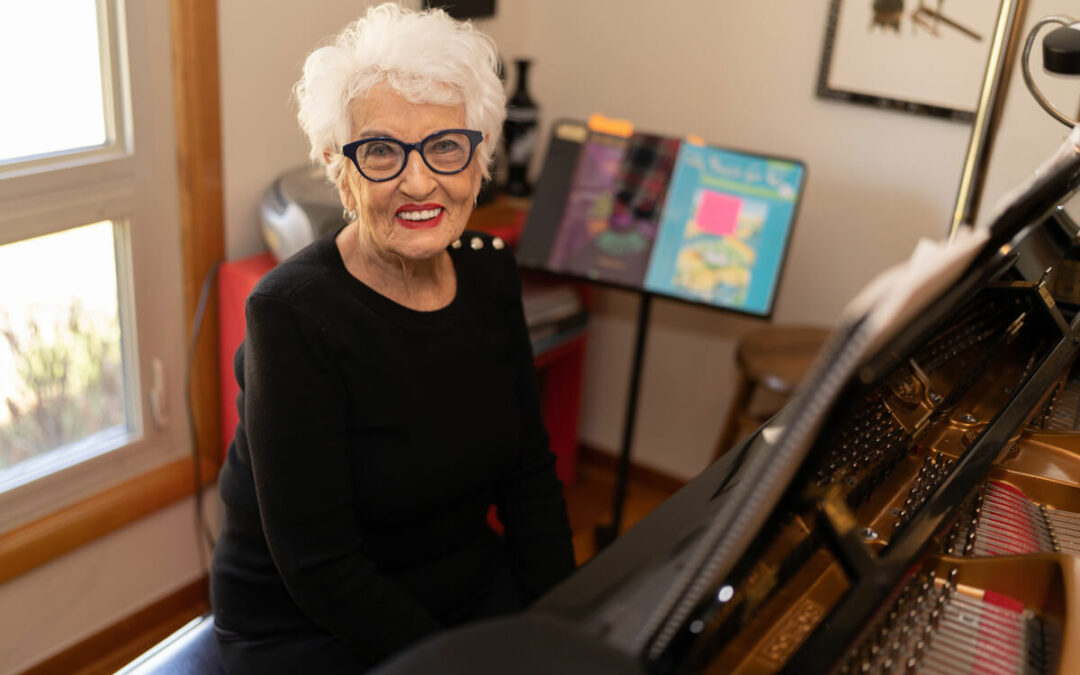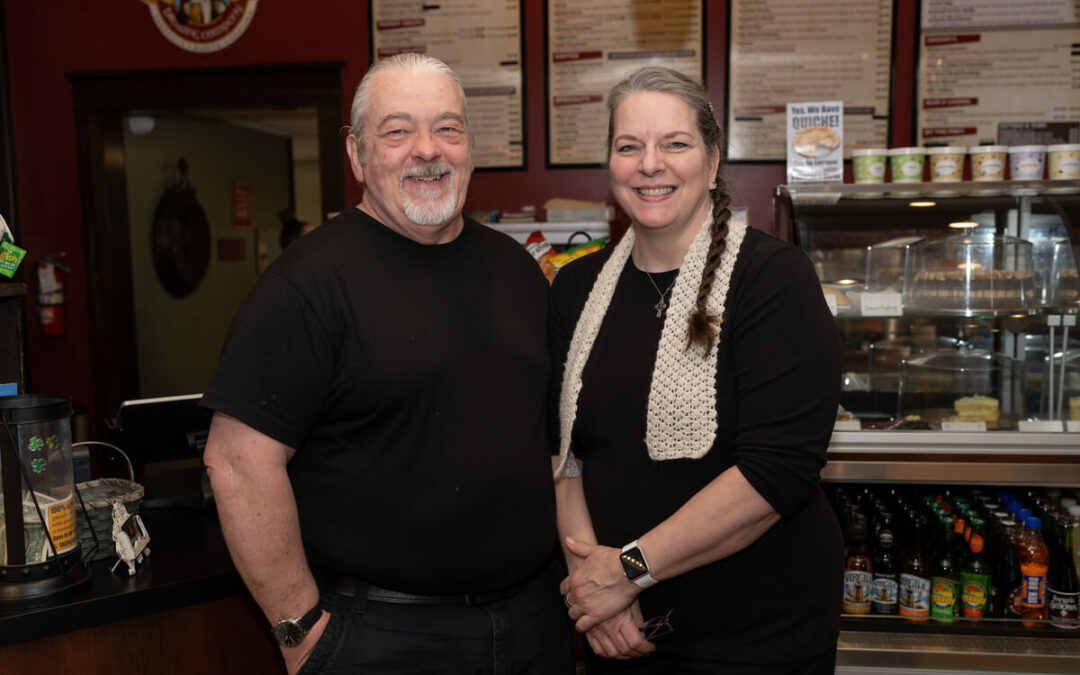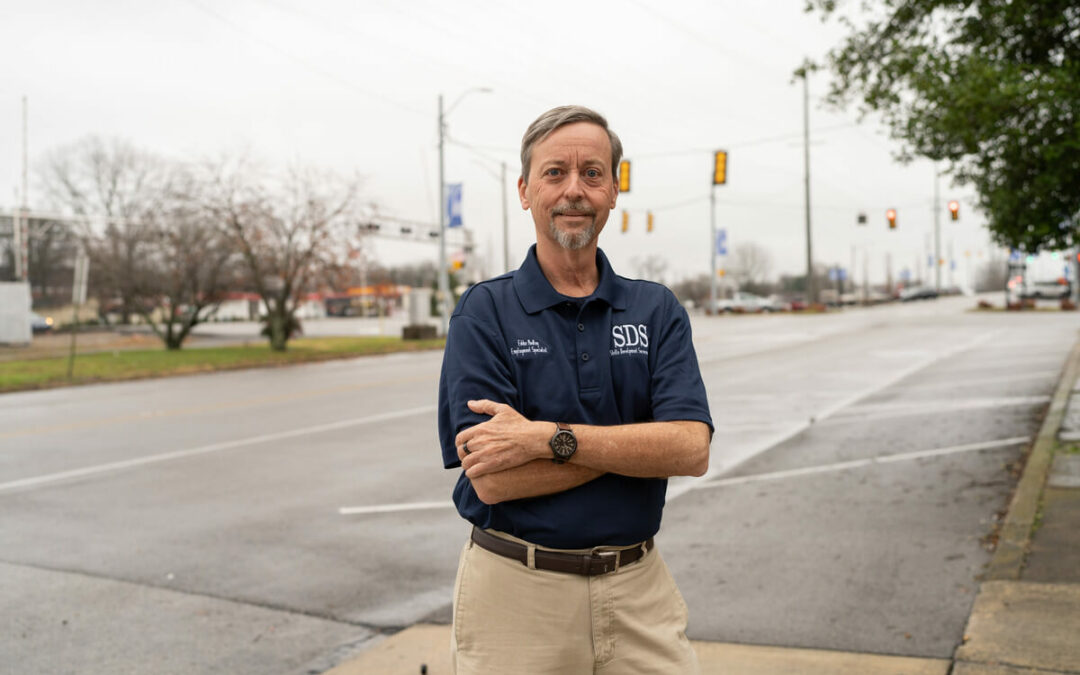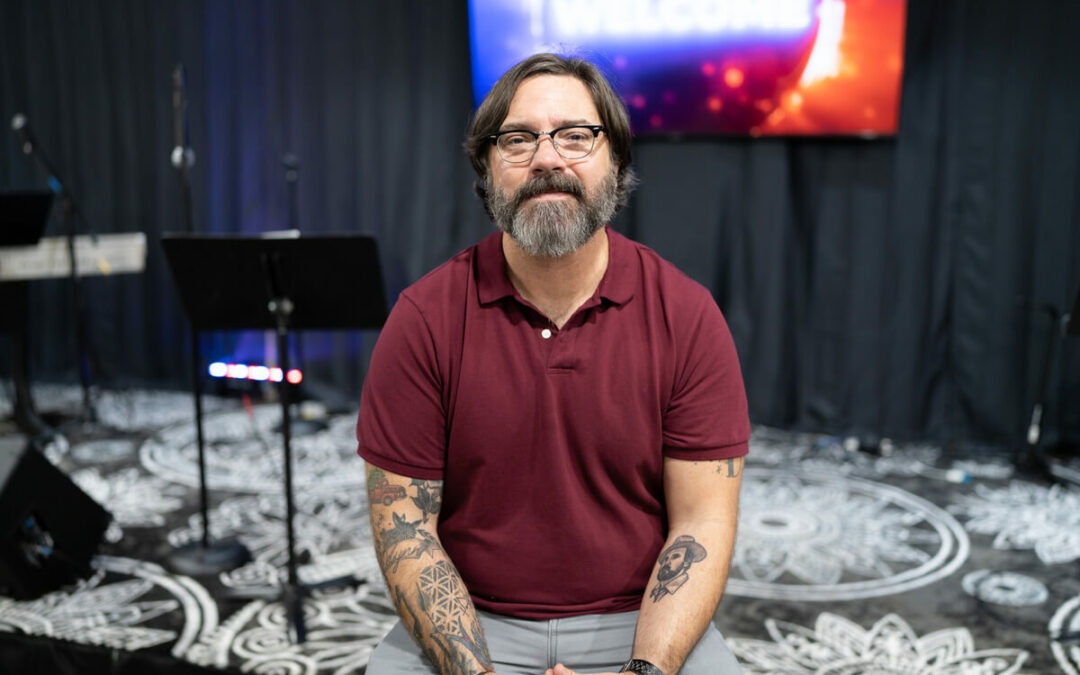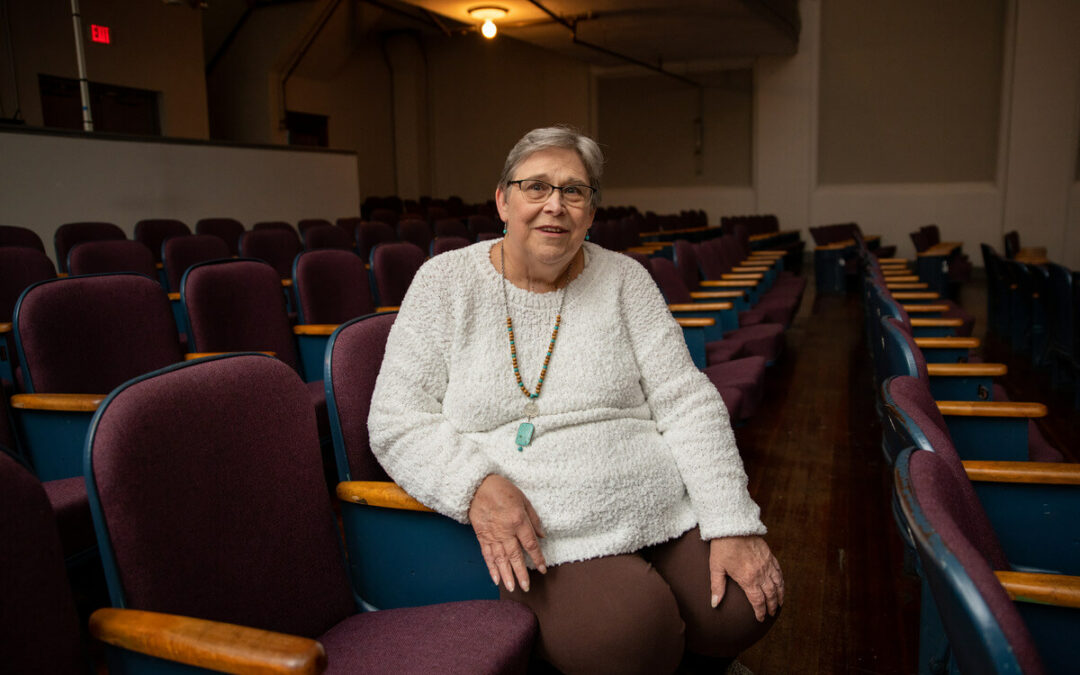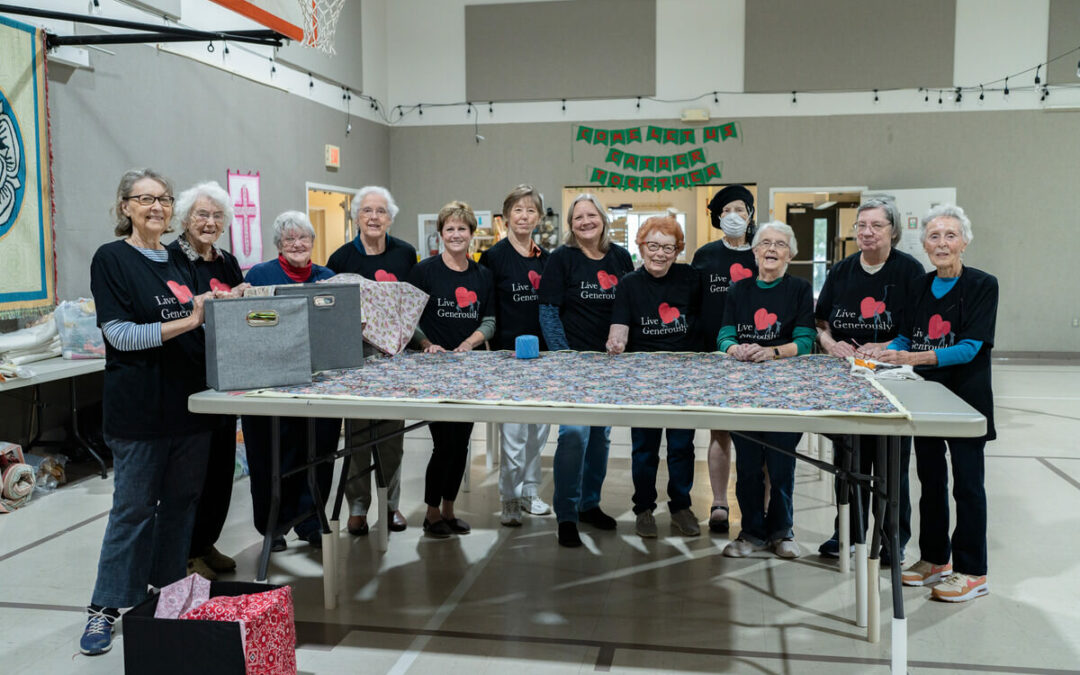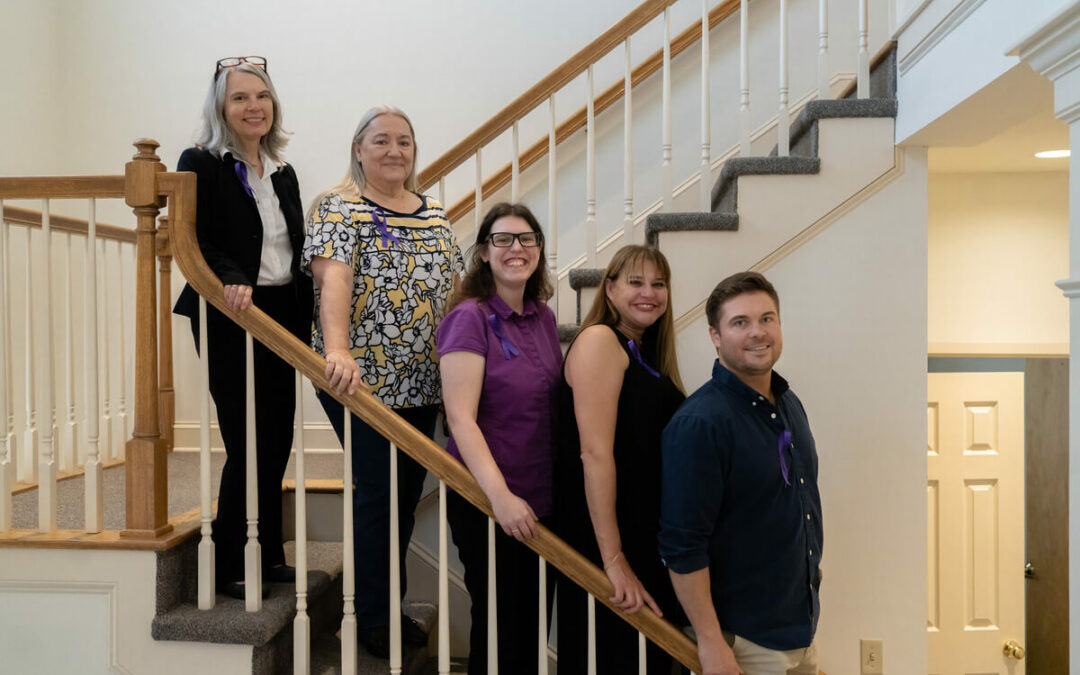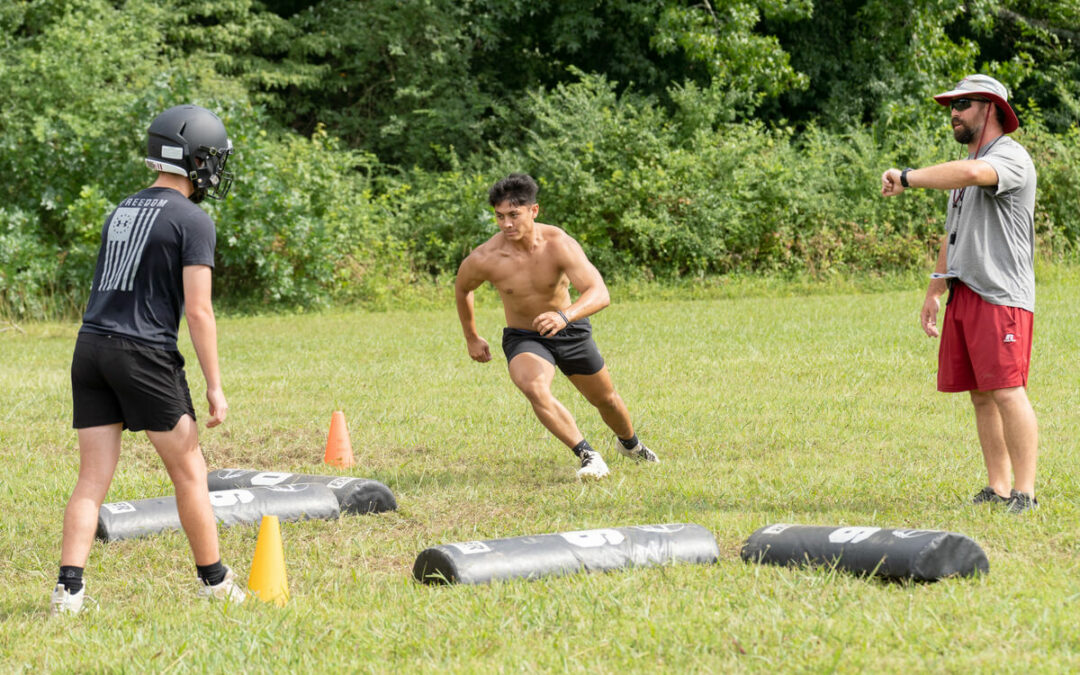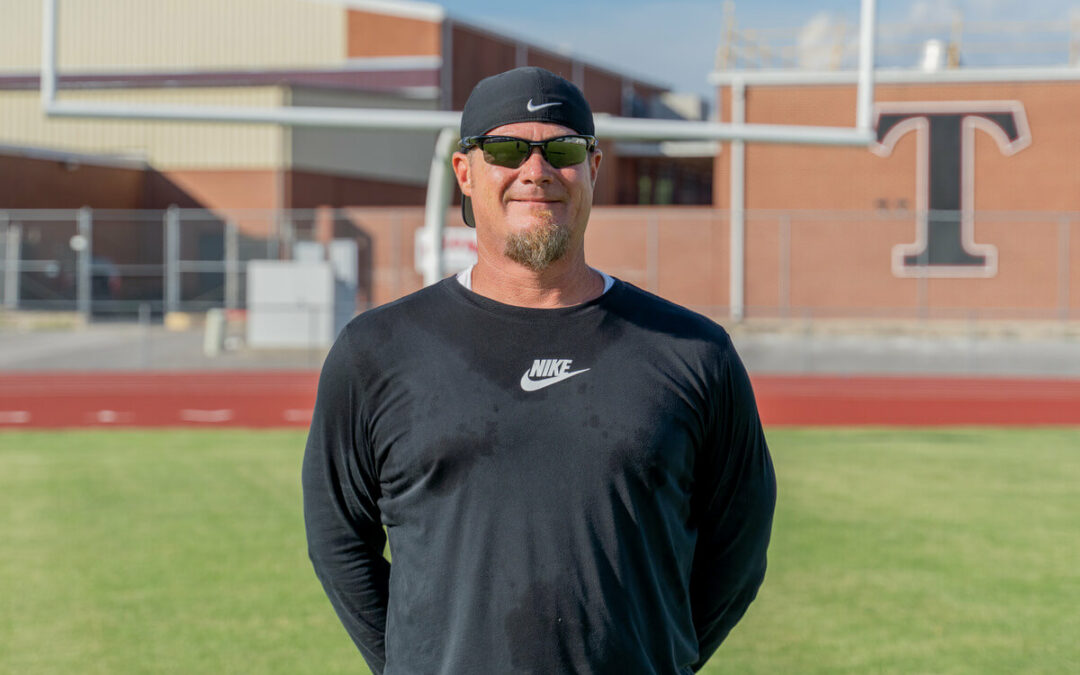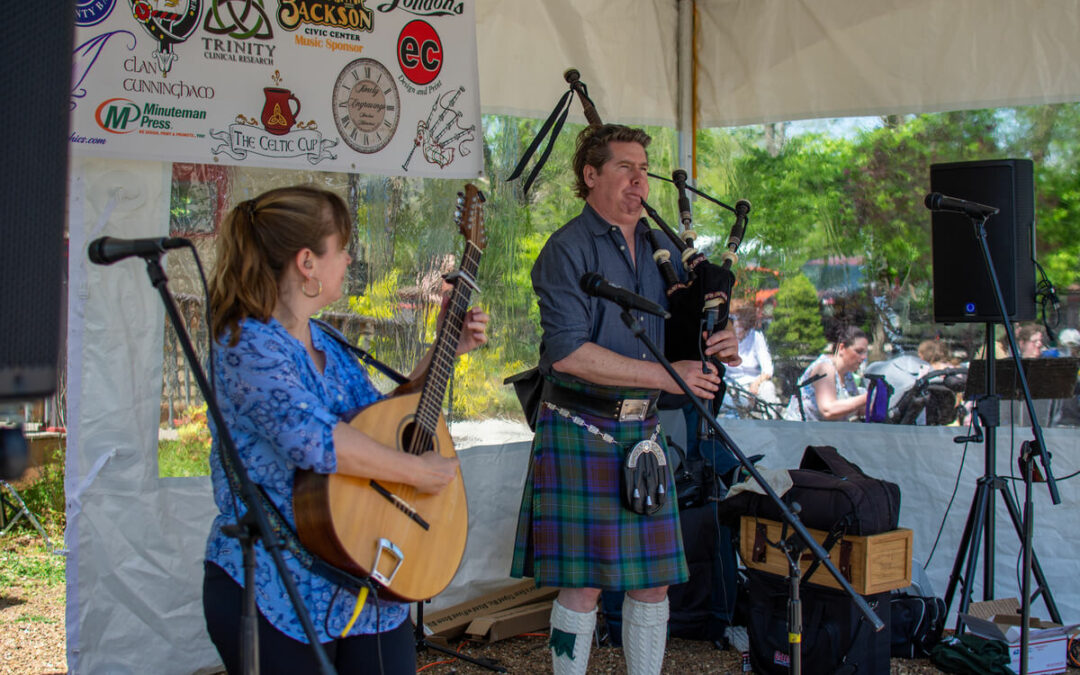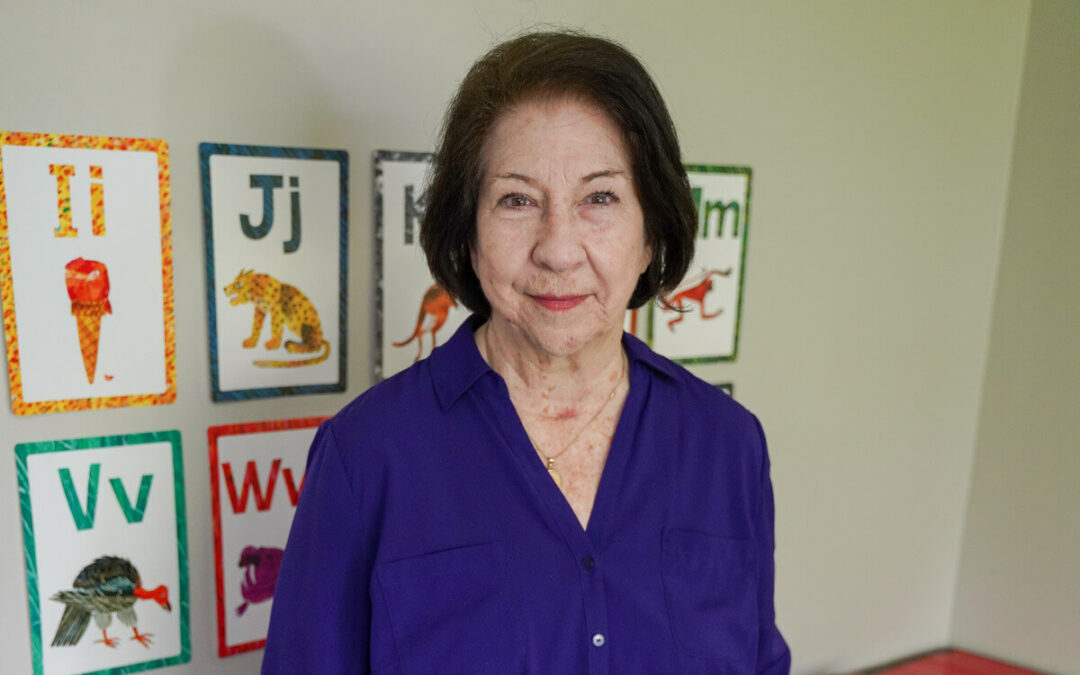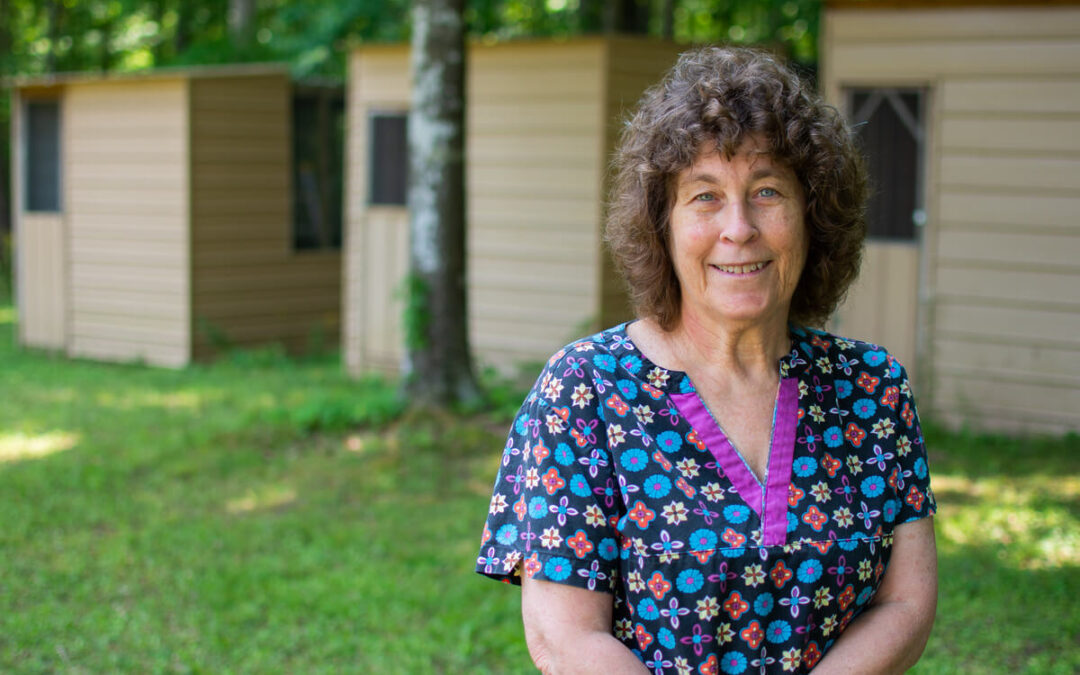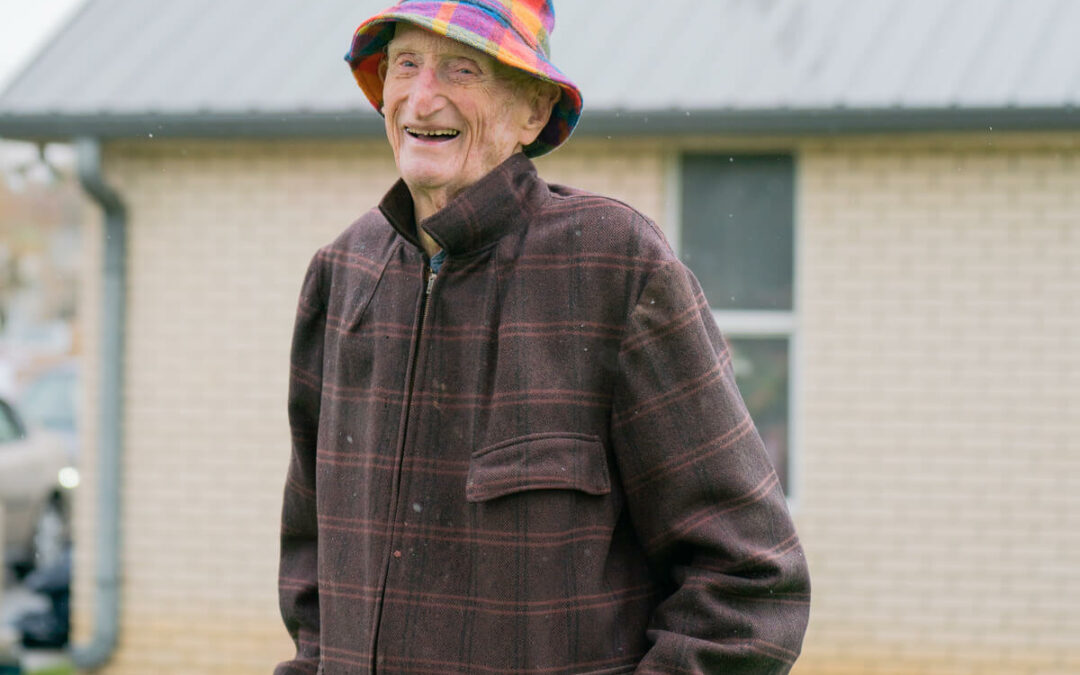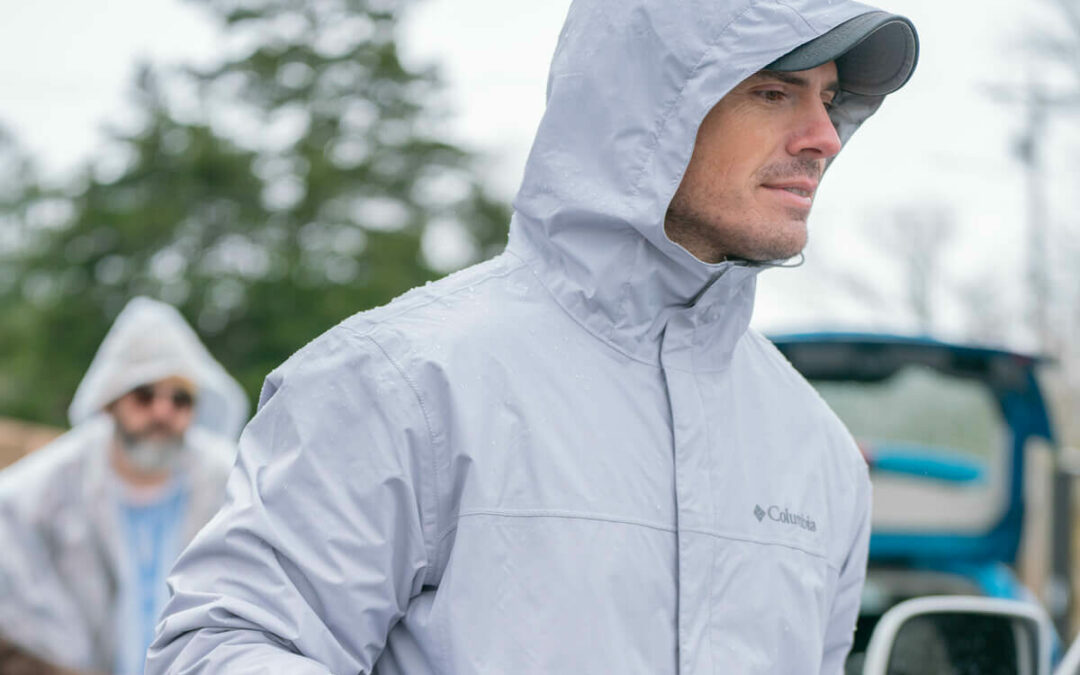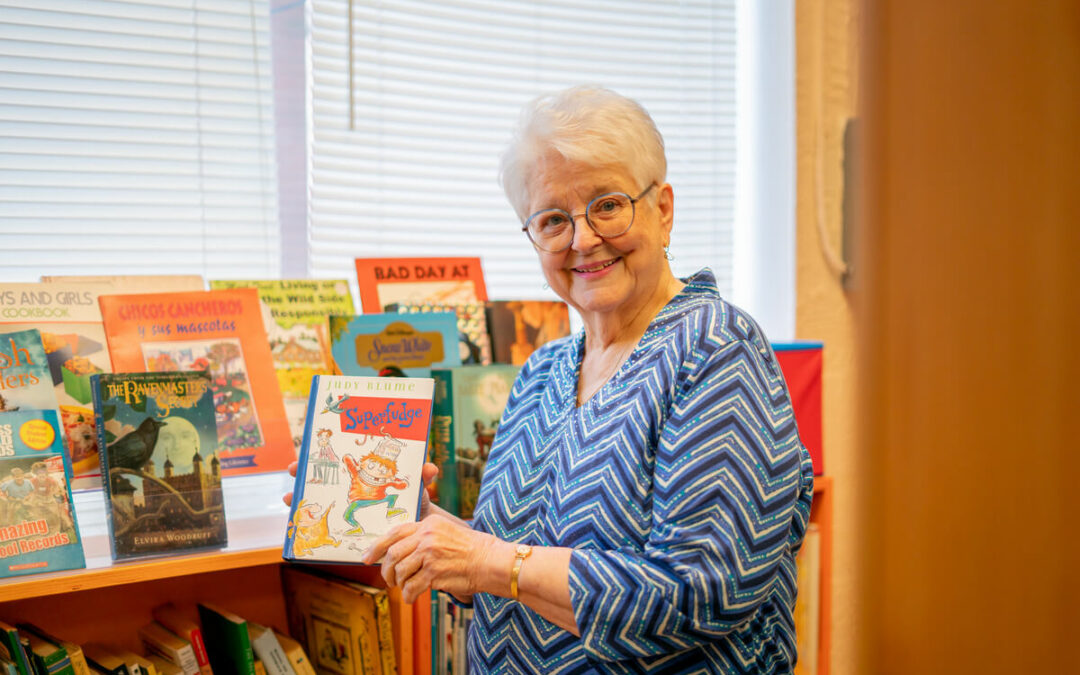It’s 4 a.m., and the world around him is still asleep. The only sounds are the soft rush of his breath and the steady pounding of his feet on the pavement. The crisp morning air fills his lungs, pushing him forward with each step. He doesn’t rely on music or distractions — just him, the road, and the silence of the early morning.
As he runs through the muted streets of his neighborhood, the first light of dawn begins to creep over the horizon. Passing by an American flag, he notices how the sun rises perfectly behind it, shedding long, golden rays across the houses, still enwrapped in the calm of night.
His movements are practiced and fluid — almost effortless — but a subtle intensity lies beneath the surface. He had no second thoughts about hitting the snooze button, no hesitation. His mind was already in motion, already set on the day ahead. As he runs, the scent of victory lingers in the air — a victory not measured by medals or applause but by the act of showing up. Every morning, without fail, he gets up and puts in the miles. It’s a personal battle won, a mental and physical challenge conquered before the day has even begun.
As head coach for Tullahoma High School’s girls’ track and field team, he leads by example, using the same discipline and willpower that inspires his own early morning runs. He hopes to empower his athletes to push their own limits, whether in school or in their daily lives.
This kind of determination isn’t always visible at first glance, but sometimes, the most profound lessons come from the most unassuming places. One man’s rise from a near-death experience to becoming a dedicated runner, speaker, and advocate shows how passion and perseverance can transform a life.
It was an ordinary day in the sawmill where Chris Clemens, 19 years old at the time, worked during the summers while attending Central Missouri University. What seemed like a harmless task of pushing wood shavings into an auger turned into a near-fatal accident. A shallow cavity of wood shavings suffocated him, leaving him gasping for air, unable to free himself from the weight.
“I was engulfed in wood shavings,” he recalled. “The person I was working with tried to pull me out, but the weight was too great, and I was ingesting the wood shavings.”
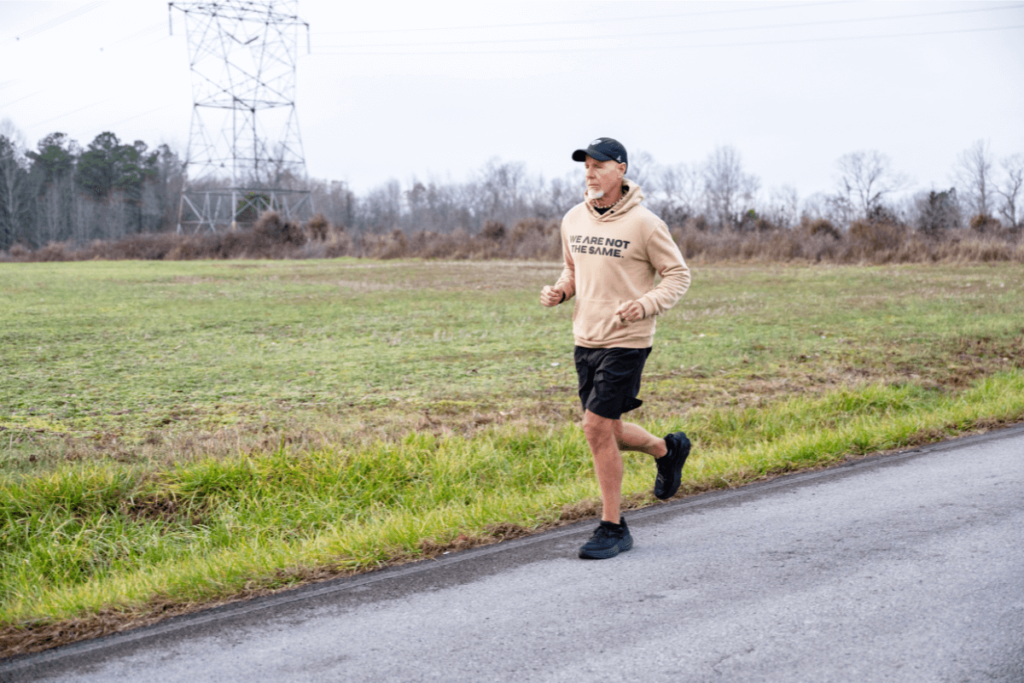
What followed was a devastating oxygen deprivation to his brain, a condition known as anoxia, which led to a complete loss of motor function. The incident forced him to relearn everything: walking, tying his shoes, writing his name — he was forced to rediscover basic skills that were once automatic.
“I recognized everyone. I could still speak, still read words, but I couldn’t translate them into writing,” he remembered.
Despite the overwhelming odds, he pushed through, determined to rebuild his life. His siblings fed him, and his father had to carry him to the bathroom. It was humbling, to say the least, but it was the beginning of a profound transformation.
After a year of intense rehabilitation, he returned to college to earn his bachelor’s degree and to prove to himself that he could overcome any obstacle that came his way.
“I had to approach everything differently. I had to outline chapters, highlight them, and read my notes to recall information,” he said.
The effort paid off — he graduated on time, just five years after high school.
“I went back and got my master’s degree at [Middle Tennessee State University] in 2002,” he added. “I used to say I would never go back to school — never say never.”
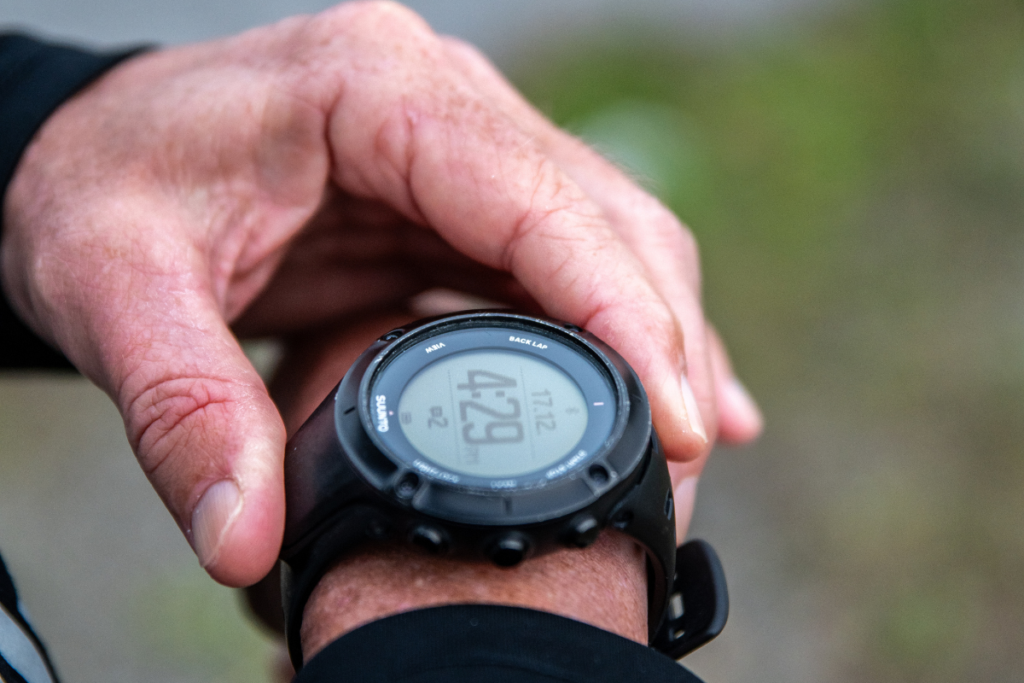
His strength in academics was only a fraction of what he gained during the process. It was also the discipline he obtained through adversity.
“We are hardwired to find a path of least resistance,” he reflected. “But unless we put something difficult in our way, we’re not maximizing our potential.”
Running became that challenge. It started as a way to push his body, testing the limits of what he could do. But over time, it became therapeutic. His early morning runs, done without music, gave him the space to think, process, and reflect on his life.
“Hearing the roosters and birds and being able to see the sunrise come up over the horizon gives me the opportunity to work through a lot of things in my head,” he explained. “I’m not sure what other outlet I could find that could give me the same satisfaction.”
Aside from personal therapy, running is a competition with himself and a demonstration of mental toughness. Clemens gets up at 3:40 a.m. every weekday and averages up to 100 miles a week.
“I thought only elite runners did that,” he admitted. “But then I realized I could do it too. Now, it’s just part of my routine.”
Clemens has also embraced new challenges by diving into marathons and 24-hour races. He has obtained a series of accomplishments that seemed almost impossible for someone who was once unable to perform even basic tasks. Among his most significant achievements are six finishes at the renowned Vol State 314-mile foot race, completing the Boston Marathon in 2013 — the year of the tragic bombing — and running over 25 marathons (26.2 miles) and more than 30 ultra-marathons, with distances ranging from 31.1 miles to an awe-inspiring 327 miles.
But it was his first experience with the Vol State 314-mile race in 2018 that truly transformed him. The multi-day event, held in the scorching heat of July across the entirety of Tennessee, tested his physical limits and his mental fortitude.
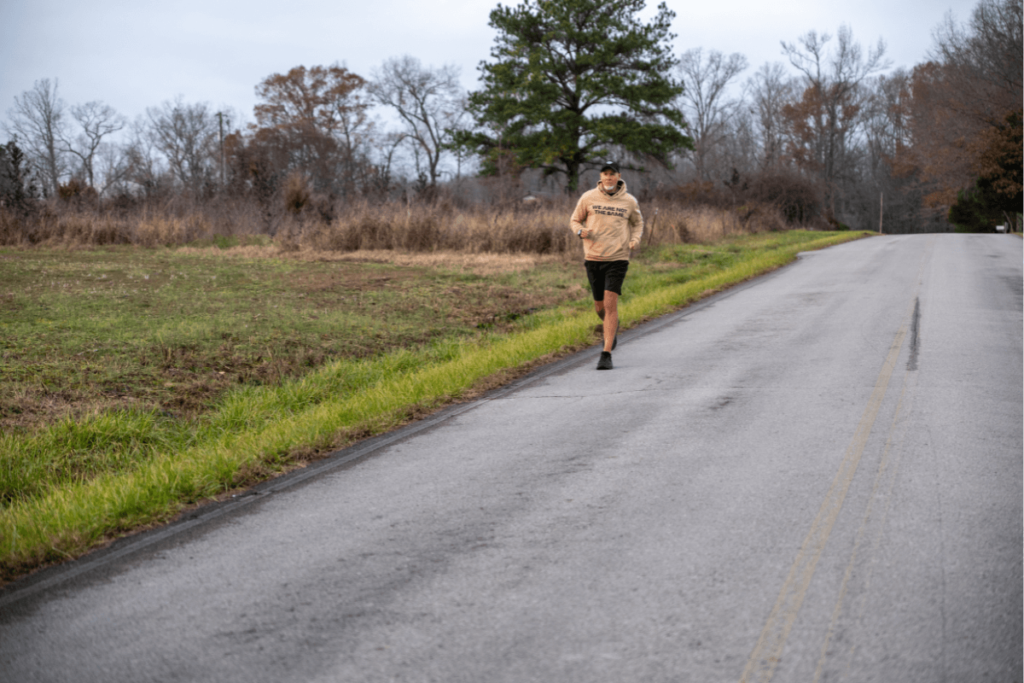
“There were times where I questioned if I had it in me to finish,” Clemens admitted. “There were times I wanted to quit, and it didn’t seem worth it anymore. But when you get to that finish line, and you can look back on the gravity of covering 314 miles by foot, it changes your mentality about what’s possible.”
The race was arduous at times and tested his endurance, but it culminated in a groundbreaking sense of achievement. Along with the invigorating feeling of finishing the race came lifelong relationships with fellow competitors, who are now like family. Each year, they exchange messages, share photos, and celebrate each other’s journies.
“They have become quite a big part of my life,” Clemens said.
However, his greatest achievement is knowing that his life inspired others to lead active, healthy lives and to show them that anyone, no matter the circumstances, can overcome. His students, who often witness his early morning runs, sometimes ask him about his races.
“Did you win?” they inquire. His answer sometimes is, “No, but I finished. And that’s what matters.”
As Clemens finishes his early morning runs, the world begins to stir. The once-muted streets come alive with the sounds of a new day — roosters crow, cars pass, and neighbors shuffle out their doors. For Clemens, the miles are already behind him, but the lessons they carry travel outward.
So, the next time you see him pounding the pavement, let his example inspire you to lace up your shoes, gather some friends, and get moving. After all, the finish line isn’t as important as the decision to start, and greatness happens in the daily choice to show up, push forward, and thrive.



